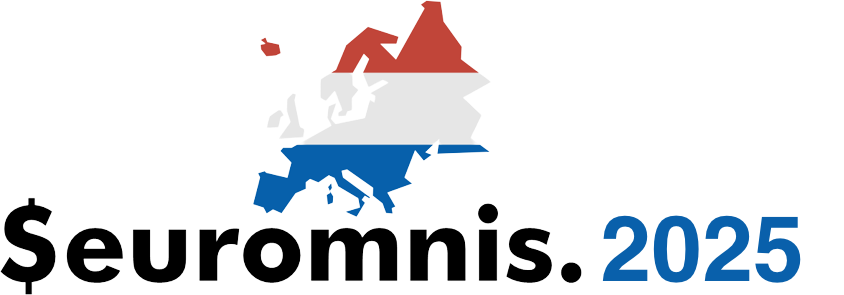4 days / 20 talks
Awesome and great speakers

Alex Clay
A second-generation Omnis developer, Alex started coding with Omnis Studio in 2000 and ported Suran’s existing Omnis 7-based software to Omnis Studio. In 2006 Alex was promoted to Software Development Manager and began expanding Suran’s development team, including hiring and training numerous recent graduates on Omnis development.
In 2009 Alex introduced Agile software management and test-driven development to Suran. He developed the OmnisTAP unit-testing framework for Omnis Studio and lead Suran’s development team through a transformation into the world of sprints, test harnesses, continuous integration, and clean code.
In 2019 Alex was appointed CEO of Suran Systems. While the day-to-day development of Suran is handled by the development team, Alex remains connected to Suran’s products through decades of product knowledge and client experience. Alex’s current focus for Suran is growth through consolidating and improving products and services, and expanding into new partnerships and business opportunities.
Alex is a member of computer science advisory council at Eastern Kentucky University. He holds a degree in Business Management from the University of Kentucky. Alex was a presenter at the OpenBase 2005 conference, EurOmnis 2017, 2018, and 2023, and teaches at Suran’s annual user training conference, now in its 24th season.
Beyond Omnis Studio, Alex has developed native iOS apps in Objective-C, extensive back-end logic using PostgreSQL’s stored procedures, web applications using Ruby on Rails, and automation using SaltStack, bash, and numerous other languages and tools.
Alex lives in Lexington, KY, with his wife and 12 year-old daughter. He enjoys the culinary arts, role-playing TTRPGs, and sings semi-professionally at the Episcopal Cathedral in Lexington. He has been fortunate to tour abroad numerous times with his choir and during personal vacations, and his favorite trip abroad was a 17-day visit to Iceland in Summer 2022.
Test It
Automated testing protects against regressions, provides confidence for refactoring, and lowers the barrier to introducing new developers to existing projects. Testing is not an optional step in modern software development. It is as standard as encrypting network connections, and highly applicable to the Omnis community. The key question is how your organization does testing and home much of your time is spent doing it.
We’ll walk through core concepts of testing, including assertions, seams, mocks, and refactoring. Special attention to testing legacy, “spaghetti code” will be made so you can apply testing concepts to your existing code base. Even if you don’t add automated testing to your development cycle, writing testable code is a great way to write clearer and better code.
With core testing concepts in mind we’ll review two specific testing frameworks—OmnisTAP and pgTAP.
- OmnisTAP is used for unit and integration testing in Omnis Studio, including by Omnis Software itself. Learn how to ensure bugs stay fixed and know when something breaks before it ships. Imagine that:
- you want to try a new technique or move client-side code to a backend API or database function -or-
- an Omnis Studio update may introduce new a feature or method that might break something in your code?
OmnisTAP can help with these challenges and more.
- pgTAP is an open-source tool for automated testing of PostgreSQL databases, including functions, schemas, and permissions. We’ll walk through writing database tests and introduce Suran’s stubbing facility for adding mocks to function testing. Even if you aren’t a PostgreSQL shop, these techniques are highly valuable and applicable for any backend database system.
Learn how testing can save you hours of headaches, pain, and frustration, all while leveling up your code!
Ship It
“Real Artists Ship” is a quote attributed to the late Steve Jobs. As a developer, you are a software artist, masterfully crafting systems, solutions, and designs to solve problems and delight your users. EurOmnis offers new insights and invaluable tips and techniques to hone your craft, but ultimately, you need to deliver your app, and who wants to grind through the repetitive and boring steps of software deployment? Instead, we should automate everything!
At Suran, we rely heavily on automation for our software development lifecycle (SDLC). Everything from tracking issue statuses to migrating to the latest Omnis release to shipping beta versions of applications uses automation to power it. Touring Suran’s processes is intended as a launchpad to discuss the session attendees’ own unique challenges and opportunities.
Some of the technologies covered will be:
- Jenkins
- Jira
- git
- OmnisCLI
- OmnisTAP (covered in detail in Test-It session)
- pgTAP (covered in detail in Test-It session)
- Bash scripting
- Rundeck
- SaltStack
- and more!
Learn how to minimize the mundane of building, testing, and deploying so you can maximize your time writing great software using Omnis.
